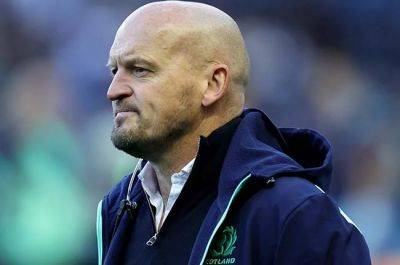Lack of language support prevents Ukrainian doctors from practising in Portugal
A lack of support for learning Portuguese has prevented around 50 Ukrainian doctors, most of whom are women, from integrating into the Portuguese healthcare system.
In an interview with the Lusa news agency, Carlos Cortes, president of the Portuguese Medical Association (OM), expressed concern, saying that Portugal "welcomed Ukrainian refugee doctors with open arms" but then "failed to provide them with the necessary tools."
When these doctors arrived in Portugal in 2022, the OM had offered to suspend the official Portuguese language test to help them join medical teams under the supervision of a mentor. However, this proposal was never implemented by the government.
Carlos Cortes has been monitoring the situation closely, meeting with some of the doctors and raising their concerns with both the former and current Ministry of Health teams.
According to Cortes, the organisation urged the Ministry of Health to implement policy changes to prevent foreign doctors from being barred from practicing due to language challenges. Speaking to TSF radio, he expressed frustration that “nothing has been done to help” and emphasised that language barriers could “easily be overcome” through support programs.
Data from the OM, shared with Lusa last October, show that in 2021 there were 4,360 foreign doctors practicing in Portugal, a number that has risen to 4,770 this year.
In 2024, the five most represented nationalities among foreign doctors are Spanish (35.4%), Brazilian (26.9%), Italian (5.7%), Ukrainian (3.9%), and German (3.5%).
The World Health Organisation (WHO) recently warned that Europe faces a “ticking time bomb” due to its shortage of healthcare professionals.
In Germany, complex bureaucratic requirements in the qualification








